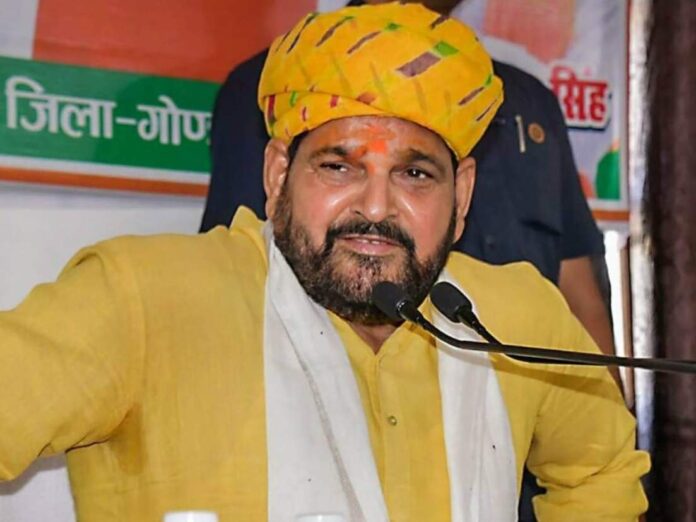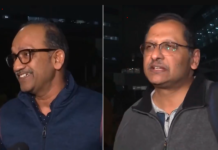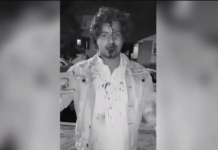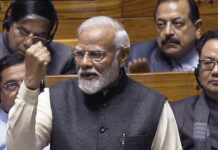The lone minor among the seven female wrestlers has withdrawn her allegations against Wrestling Federation of India (WFI) president and BJP MP Brij Bhushan Sharan Singh after alleging sexual harassment and stalking in two statements, one before the police and another before a magistrate, The Indian Express has learned.
According to sources, the 17-year-old made a new statement before a magistrate under Section 164 of the Code of Criminal Procedure. The statement is considered evidence in court. This remark may imply that it will be up to the Court to decide whether the charges may be prosecuted, and that a trial will determine which assertion under 164 takes precedence.
The minor’s father did not react to The Indian Express’s inquiry.
In addition, the minor’s father stated in the FIR filed with the Delhi Police and cited by The Indian Express that she was “completely disturbed and cannot be at peace anymore…sexual harassment by the accused (Singh) continues to haunt her.” According to the complaint, Singh “squeezed her towards himself, pressed hard on her shoulder, and then deliberately…brushed his hands against her breasts” while “holding her tightly, pretending to get a picture clicked.”
On May 10, the child had her first court appearance, recounting incidences of sexual harassment against Singh. According to the FIR, Singh was charged under Section 10 of the strict Protection of Children from Abuse Act.
According to the FIR, Singh was charged with Section 10 of the strict Protection of Children from Sexual Offences (POCSO) Act, as well as IPC Sections 354 (assault or criminal force to a woman with intent to outrage her modesty), 354A (sexual harassment), 354D (stalking), and 34 (common intention), all of which carry one to three years in prison.
Section 10 deals with serious sexual assault on a juvenile, which is punished by up to seven years in prison. Section 9 of the POCSO Act, which defines aggravated sexual assault, makes sexual assault on a child by someone in a position of trust or authority a crime. Sections 9(o) and 9(p) describe aggravated sexual assault as “whoever, being in the ownership, management, or staff, of a sexual assault victim.”
Sections 9(o) and 9(p) define aggravated sexual assault as “whoever, being in the ownership, management, or staff, of any institution providing services to the child, commits sexual assault on the child in such institution;” or “whoever, being in a position of trust or authority over a child, commits sexual assault on the child in an institution, the child’s home, or anywhere else.”
“I am not surprised,” senior advocate Rebecca John stated. “In such cases, the calculated delay in arrest puts the complainant under pressure.” These types of battles are protracted and torturous. “When women come out in such cases, they jeopardise their lives and careers,” she added.












